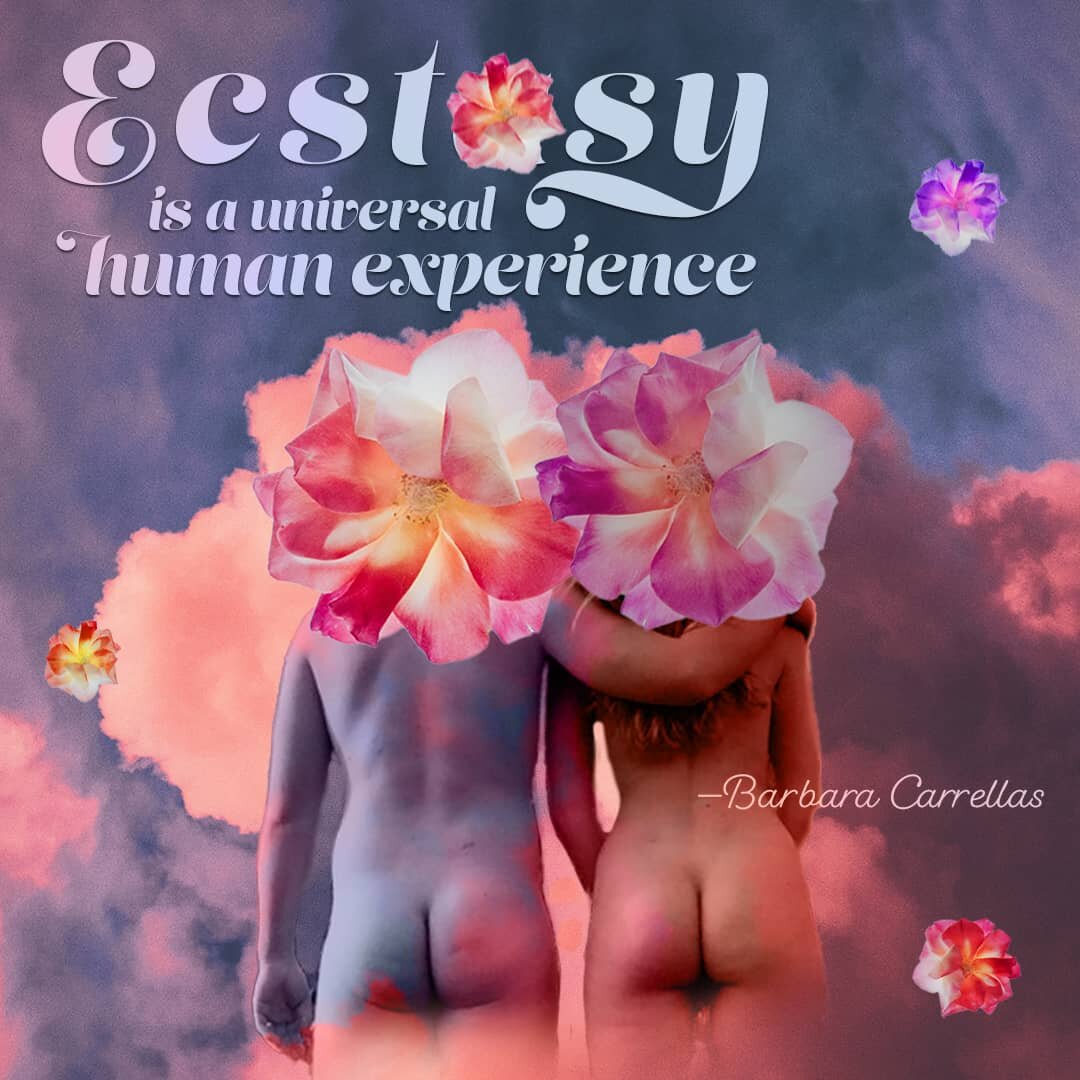*Each blog post is interactive and includes a free playsheet to download.
What are your beliefs about sex and intimacy? Would you say you have a positive mindset toward sex? Maybe a fearful one? Possibly you are confused? Everyone has a vast catalogue of beliefs about sex and intimacy that deeply inform your general Mindset.
Mindset = thoughts + beliefs + feelings
A mindset is a filter through which you experience the world. It’s like a pair of glasses that you can’t take off. In addition, mindsets are typically unconscious. Your mindset influences the actions you take. And of course the actions you take (or don’t take) influence the outcome of any given situation in your life. It can be difficult to see outside of your own mindset.
It’s easy to think that your mindset is ‘just the way the world is.’
For example a common mindset is “I am not sexually attractive.”
The topic being considered (unconsciously in this example) is sexual attraction. The thought or belief is “I am not sexually attractive.” What feeling or emotion do you have when you have this thought? Many folks feel despair or loneliness, or fear that they will never get to have quality erotic connections.
When you feel despair and loneliness and think having quality erotic connection is not for you, what actions might you take?
For many, the response is no action. Those who feel unattractive or undeserving of sexual intimacy often stop engaging in any behaviors that might ignite the sexual part of themselves. They stop flirting, dating and proactively seeking connection.
And in this case, the results you get are often what you expected to get.
Whether you are aware of it or not, your mindset about sex and intimacy influences all of your relationships. Now, this is not to say that everything that happens to you is the result of your mindset. But rather that mindset is a powerful tool to learn to use consciously to get more of what you want.
The good news is your mindset is NOT ‘just the way the world is.’ Your mindset is learned and very changeable. We do this by taking a deep look at our beliefs (which make up our mindset).

Rewriting your embodied narrative
A belief is basically an embodied narrative. It is something that we believe is true, and we embody that story. Sometimes we are just embodying outdated narratives and beliefs, and as soon as you identify the incongruence, it’s an easy fix. Other times, those beliefs and narratives are taking care of something really important and they may take longer to shift.
Another thing that embodied narratives take care of is loyalty and belonging. For example, if you unconsciously believe that in order to belong to your family of origin, your sexuality needs to look a certain way, like being monogamous or straight, then to challenge that belief also pulls on that loyalty to family. This can be really hard to notice.
So once you identify what you believe to be true about sex and intimacy, you can gently start to investigate what those beliefs take care of. Usually, they take care of safety, dignity, or belonging.
How we think about sex and intimacy and what we believe, consciously or unconsciously, create our actual experience OF sex and intimacy!
Questions to ask yourself
What is the state of your beliefs and mindset?
Where did you learn those things?
Are they congruent with who you currently know yourself to be?
And most importantly, what are those beliefs taking care of?
Suggested Practice
Spend time thinking and/or writing about the different facets of your life that have contributed to your beliefs. You can use the following prompts and expand on them as you see fit:
What I have been told/witnessed/learned about intimacy from:
My family-
My culture-
My religion-
My friends-
My past –
Further Resources:
Mindset: The New Psychology of Success by Carol S. Dweck



